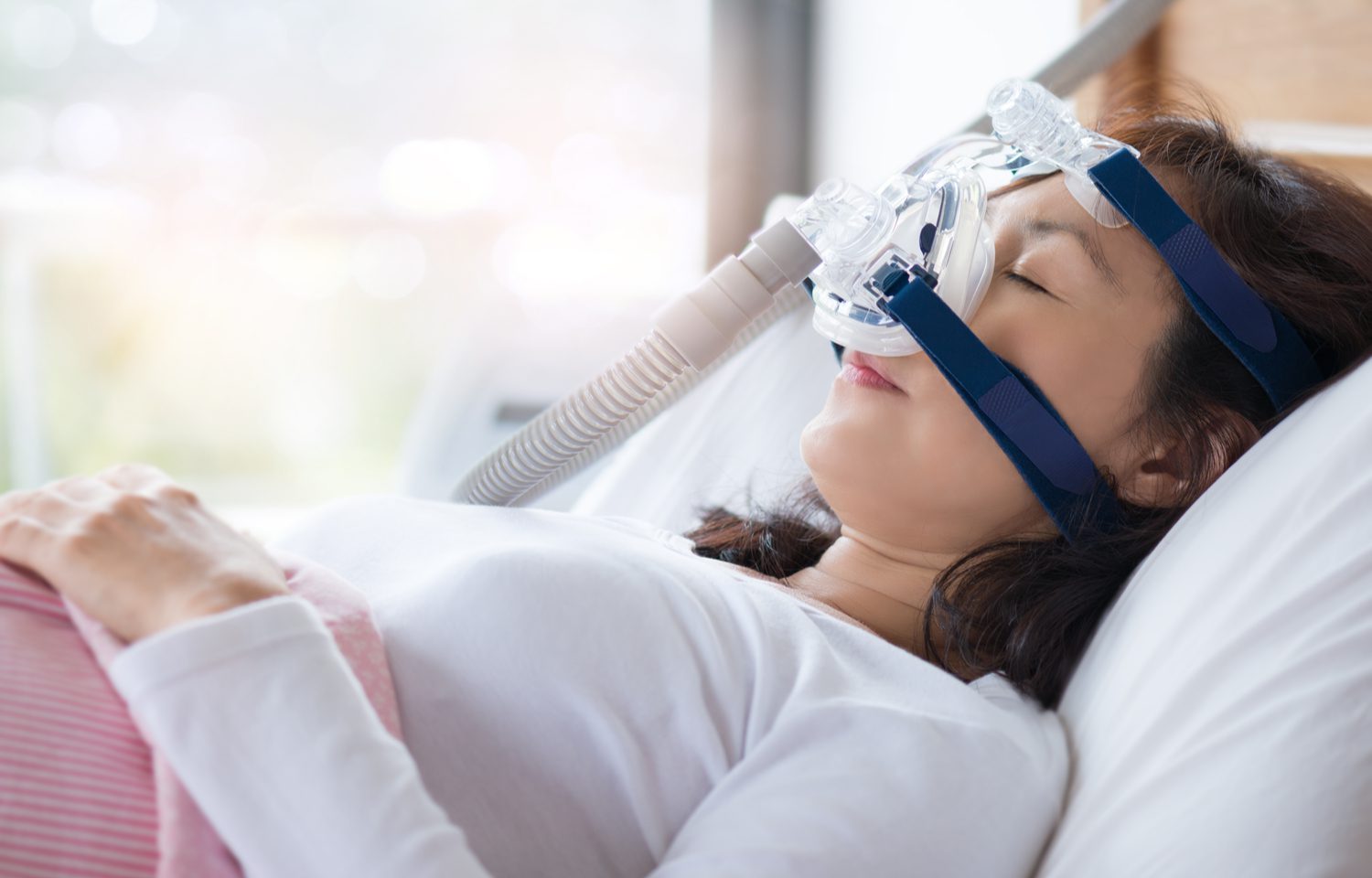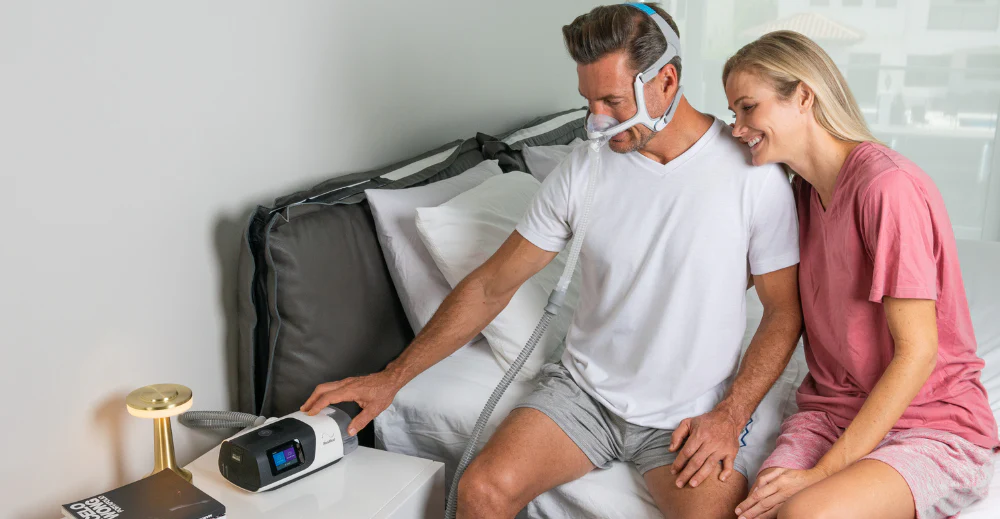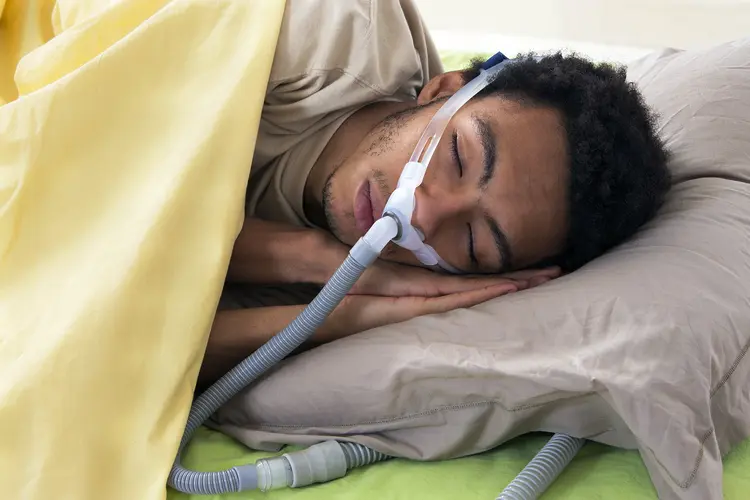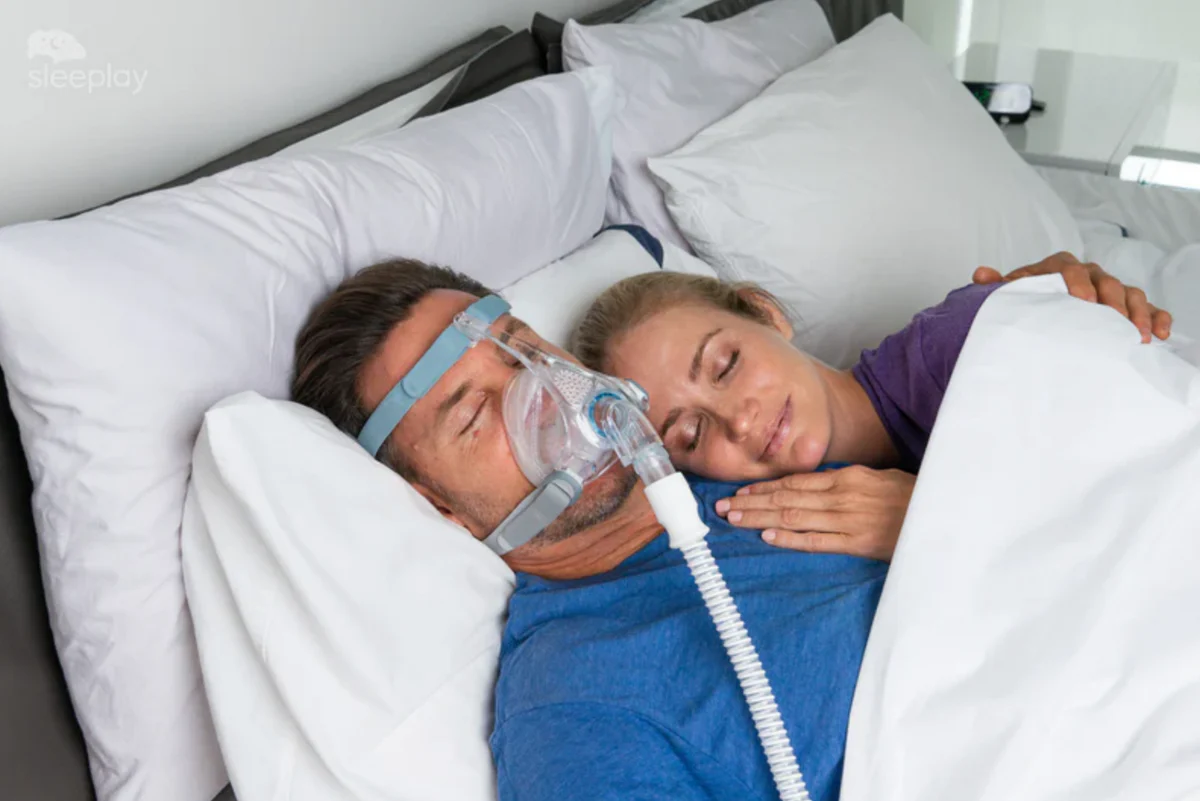Introduction: Sleep apnea is a common yet serious condition that affects millions of people worldwide. It occurs when the airway becomes partially or completely blocked during sleep, leading to interrupted breathing and poor-quality rest. Over time, untreated sleep apnea can have a significant impact on your overall health, leading to serious conditions like heart disease, stroke, and high blood pressure. Fortunately, sleep therapy is an effective solution, with CPAP (Continuous Positive Airway Pressure) and BiPAP (Bilevel Positive Airway Pressure) machines being key tools in managing this condition.

The Health Risks of Untreated Sleep Apnea: When sleep apnea goes untreated, it can lead to various short-term and long-term health complications. Some of the most significant risks include:
- Cardiovascular Issues: Sleep apnea puts excessive strain on the heart. The constant interruptions in breathing cause fluctuations in oxygen levels, leading to increased blood pressure and a higher risk of heart attacks, strokes, and heart failure. In fact, individuals with sleep apnea are four times more likely to experience heart-related conditions.
- Fatigue and Daytime Sleepiness: People with sleep apnea often wake up feeling tired, even after a full night’s sleep. This persistent fatigue can affect cognitive function, mood, and productivity. It also increases the risk of accidents, particularly when driving or operating heavy machinery.
- Metabolic Disorders: Sleep apnea has been linked to insulin resistance and a higher risk of developing type 2 diabetes. Poor sleep quality disrupts the body’s ability to regulate glucose, leading to metabolic imbalances that can complicate existing conditions.
- Mental Health Issues: Sleep is essential for emotional well-being. People with sleep apnea are more likely to suffer from depression, anxiety, and irritability. The lack of restorative sleep can also exacerbate mental health conditions, creating a cycle of poor mental and physical health.
How Sleep Therapy Can Help: Sleep therapy, specifically the use of CPAP and BiPAP machines, offers a highly effective way to manage sleep apnea. Both machines work by ensuring that the airway remains open during sleep, reducing the number of apnea episodes and improving sleep quality. Here’s how they help:
- CPAP Machines: CPAP machines deliver a constant stream of air pressure through a mask, keeping the airway open. This steady airflow prevents the collapse of soft tissues in the throat, ensuring continuous breathing throughout the night. By using a CPAP machine, many people with sleep apnea experience immediate relief, with fewer disturbances and better quality sleep.
- BiPAP Machines: For individuals who struggle with CPAP therapy or have more severe cases of sleep apnea, BiPAP machines are often recommended. Unlike CPAP machines, BiPAP devices deliver two levels of air pressure—one for inhalation and a lower one for exhalation. This makes breathing more comfortable for people who need higher pressure support. BiPAP is especially helpful for those with central sleep apnea or conditions like COPD (chronic obstructive pulmonary disease).
Benefits of Sleep Therapy:
- Improved Cardiovascular Health: Sleep therapy reduces the strain on your heart by ensuring consistent oxygen levels during the night. Over time, this can lead to lower blood pressure, decreased risk of heart attack or stroke, and overall improved cardiovascular health.
- Better Sleep Quality: By eliminating the frequent interruptions caused by apnea episodes, CPAP and BiPAP machines improve sleep continuity. This leads to deeper, more restorative sleep, allowing individuals to wake up feeling refreshed and energized.
- Enhanced Cognitive Function: With better sleep comes improved mental clarity, concentration, and memory. Sleep therapy can significantly reduce daytime sleepiness, helping individuals perform better at work and in everyday tasks.
- Mood Stabilization: Consistent, high-quality sleep helps regulate emotions. People undergoing sleep therapy often report improvements in mood, reduced irritability, and a greater sense of well-being.
- Reduction in Comorbidities: By managing sleep apnea, sleep therapy can help prevent the development or worsening of related conditions like diabetes, obesity, and hypertension. This holistic benefit makes sleep therapy a critical part of a healthy lifestyle for those with sleep apnea.
Conclusion: Sleep therapy plays a vital role in managing sleep apnea and preventing the many health risks associated with untreated sleep disorders. Both CPAP and BiPAP machines offer life-changing benefits, from improving sleep quality to enhancing cardiovascular and mental health. If you suspect you have sleep apnea or have already been diagnosed, starting sleep therapy could be one of the most important decisions you make for your long-term well-being.
By prioritizing sleep therapy, you can protect your health and enjoy the restorative power of a good night’s sleep.







